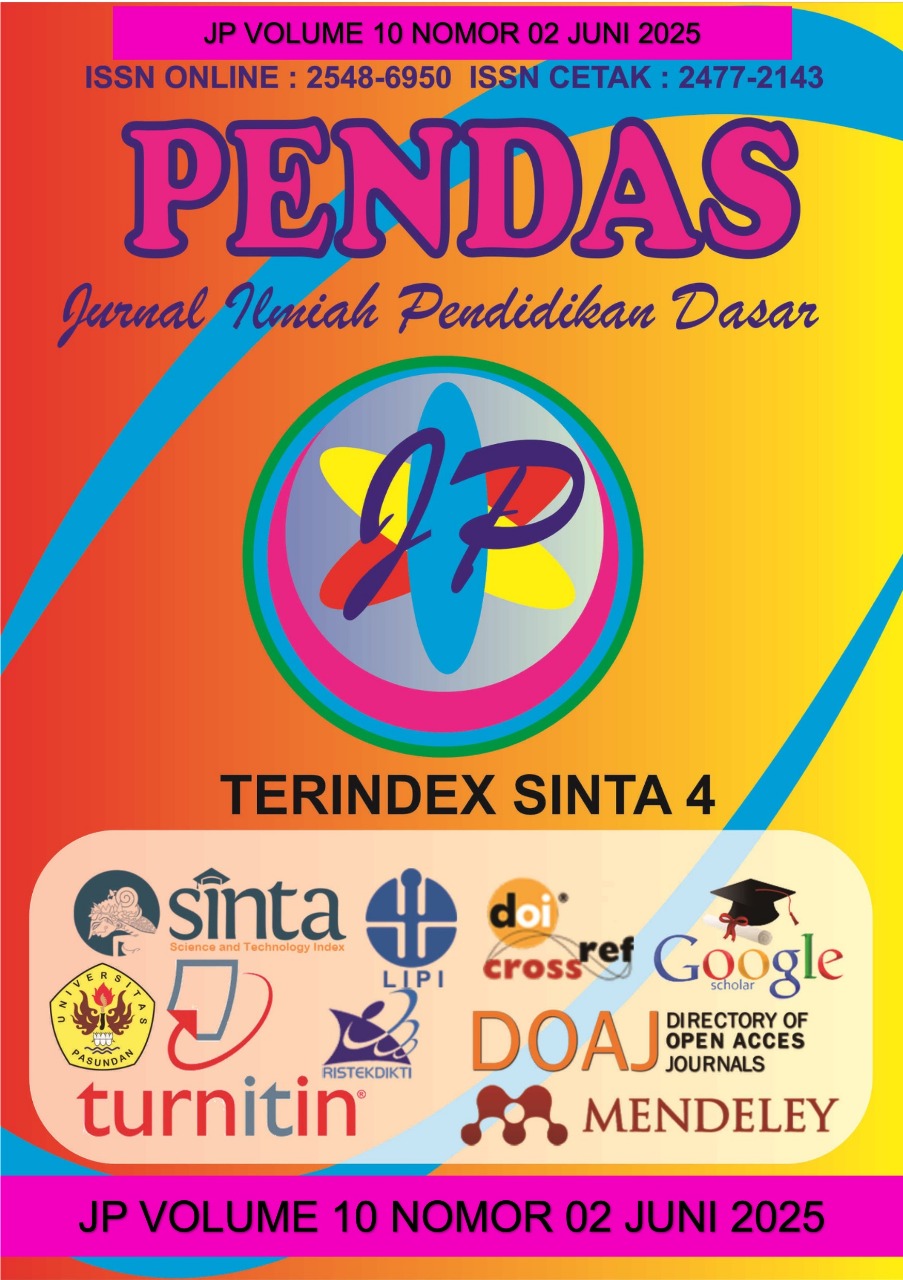KONSEP PEMBELAJARAN MICRO LEARNING
DOI:
https://doi.org/10.23969/jp.v10i2.24635Keywords:
instructional design, educational innovation, short content, flexible learning, microlearning, digital education, learning technology, personalized learningAbstract
In the swiftly changing field of education and training, micro learning has emerged as a key strategy that caters to the demand for more adaptable, effective, and learner-focused teaching methods. Micro learning involves delivering educational material in concise, focused segments aimed at specific learning objectives and usually achievable in a brief timeframe. This approach resonates with modern cognitive science theories, which indicate that shorter, targeted learning experiences can enhance knowledge retention and student engagement. By leveraging digital platforms and diverse multimedia formats, including videos, podcasts, infographics, and interactive quizzes, micro learning increases accessibility and provides customized learning pathways tailored to individual preferences and styles. This article explores the fundamental concepts of micro learning, its theoretical frameworks, and its advantages in comparison to conventional long-form educational methods. Additionally, the paper addresses the practical application of micro learning in both educational and corporate environments, the technological resources that support it, and the various challenges that educators and organizations may encounter during its implementation. Recommendations for enhancing the effectiveness of micro learning initiatives are also included. By thoroughly examining the concepts and practices of micro learning, this study enhances our understanding of its influence on the future of education and professional growth.
Downloads
References
Abdurrahman, U. I. N. K. H., & Pekalongan, W. (2024). Jurnal basicedu. 8(5), 4008–4020.
Efektif, P., & Unnes, F. (2025). Implementasi Pendekatan Kegiatan Belajar Microlearning sebagai Teknik. 4(2), 340–349.
Di, D., & Yogyakarta, M. A. N. (2024). scidac plus DALAM PENDIDIKAN AGAMA ISLAM ERA. 4(November).
Nasution, F., Nasution, N., Ramadhania, A. N., Rizky, P., Auliah, A., Studi, P., Islam, P., Usia, A., Ilmu, F., Dan, T., Islam, U., & Sumatera, N. (2023). Hakikat pembelajaran micro. 3(3).
Pebriantika, L., Rahmi, J., Adesti, A., Pembelajaran, I., & Kuantitatif, P. (2025). Efektifitas Penerapan Metode Microlearning untuk Meningkatkan Hasil Belajar Mahasiswa. 767–773. https://doi.org/10.47709/educendikia.v4i02.
Penelitian, J., Febri, L., Putri, D., & Sumarno, A. (2024). Jurnal Teknologi Pendidikan : How Developing and Implementation Microlearning in Educational Setting ? : A Literature Review Jurnal Teknologi Pendidikan : 9(3), 432–441.
Putu, N., Ariantini, D., Sudatha, I. G. W., Tegeh, I. M., Pendidikan, S. T., & Ippb, J. (2019). BERBASIS MICROLEARNING PADA KELAS III SEKOLAH DASAR MUTIARA SINGARAJA TAHUN PELAJARAN 2018 / 2019. 7, 23–32.
Downloads
Published
Issue
Section
License
Copyright (c) 2025 Pendas : Jurnal Ilmiah Pendidikan Dasar

This work is licensed under a Creative Commons Attribution 4.0 International License.














































